New Delhi Chief Minister Arvind Kejriwal's recent arrest by India's Enforcement Directorate (ED) in connection with an excise corruption case has triggered a diplomatic conflict involving Germany.
Following Kejriwal's arrest, a spokesperson for the German ministry expressed concerns about the case's handling, emphasizing the importance of upholding standards of independent justice and ensuring a fair trial for Kejriwal. The comments drew a strong reaction from the Indian government, which viewed them as unwarranted interference in its judicial system.
In response, the Indian Ministry of External Affairs summoned George Enzweiler, Deputy Head of Mission of the German Embassy in New Delhi, to express its displeasure over the remarks. In a statement, the Ministry denounced the comments as a blatant attempt to undermine India's judiciary and labeled it as 'shameless interference' in the country's internal affairs.
Kejriwal, the leader of the Aam Aadmi Party, was arrested on Thursday night and brought before the Rouse Avenue Court on Friday. The ED sought permission to detain him for 10 days, which was granted by the court, extending his custody until March 28.
Despite Kejriwal's plea for a speedy hearing, the Delhi High Court rejected the request, scheduling the application to be heard on the following Wednesday. Kejriwal had also sought to have the petition heard on Sunday, but the court dismissed this appeal, citing the upcoming holiday closure due to Dol and Holi.
With tensions escalating between India and Germany over the handling of Kejriwal's case, the situation remains tense, with both sides asserting their respective positions on the matter.



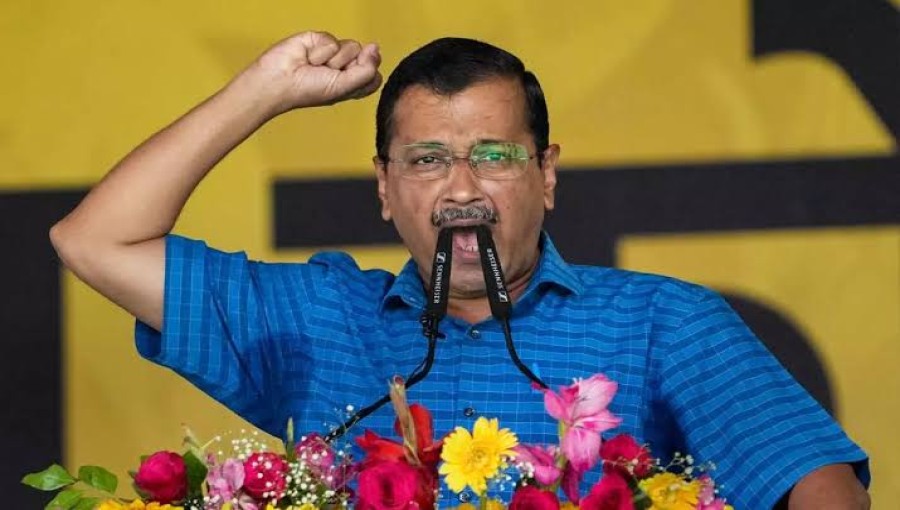






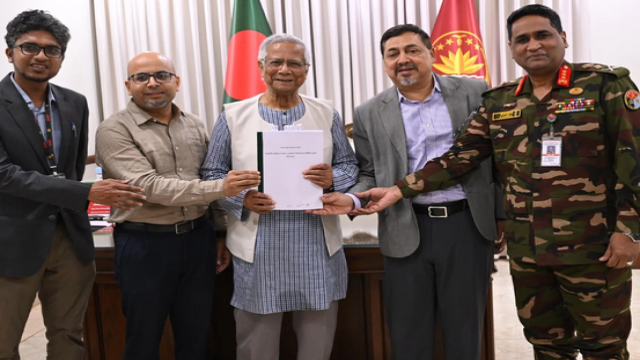
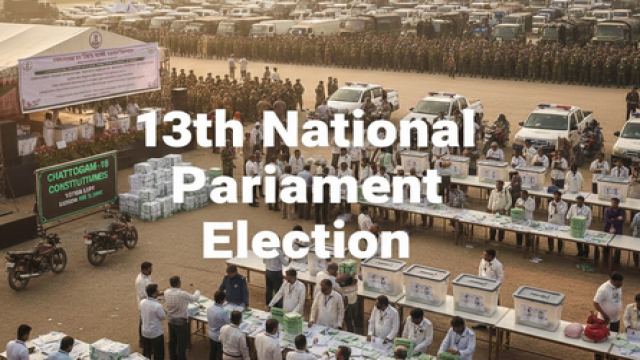
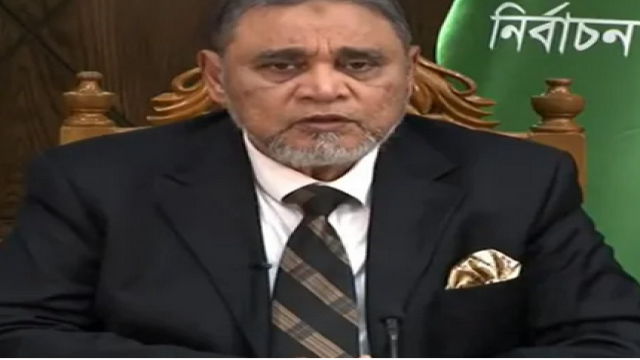
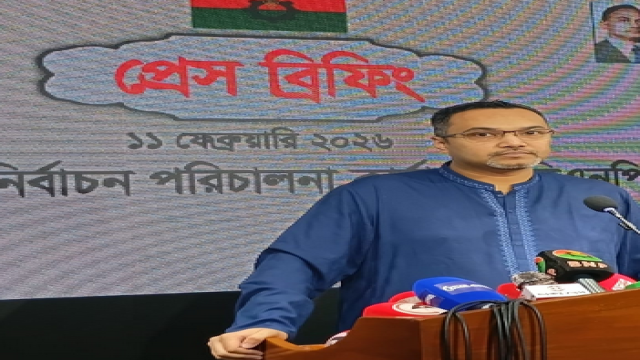
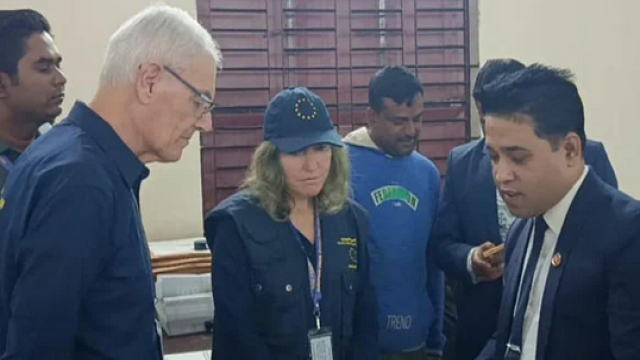

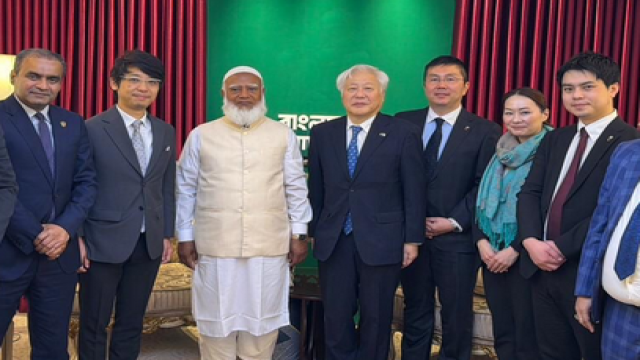
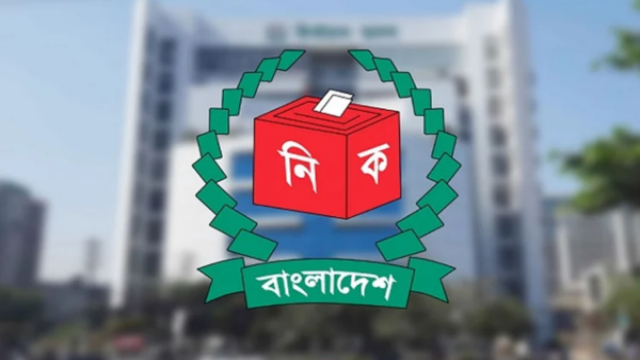

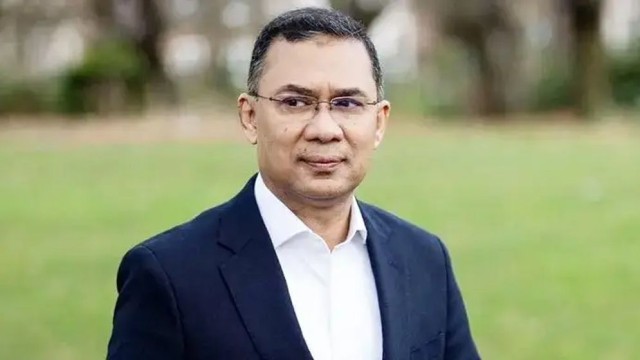











Comment: